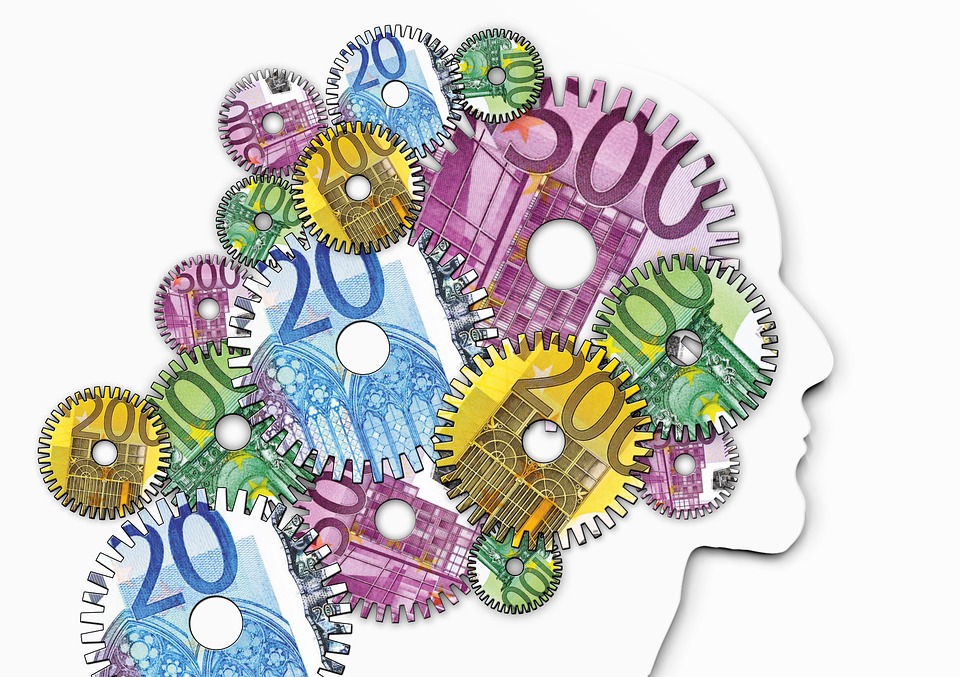There’s a relatively new ‘field of endeavour’ that highlights that people buy products and services based on irrational decision making.
It’s called Behavioural Economics which is situated somewhere between economics (which looks at people making decisions based entirely on a rational basis) and psychology (where decisions and behaviour are all driving by our feelings).
BE looks at what makes us buy what we buy and its research proves that as humans we’re not always rational when it comes to our decision making/purchasing decisions.
So What Does That Mean For Small Business Owners?
Well there are a myriad of options for using BE in your business.
BE tactics include;
Loss aversion – Highlighting what customers have to lose by not taking you up on your business offer. People will do almost anything to avoid losing something they think is important. Lots of insurance (you’d hate to lose your home), banking (think locking-in mortgage rates before paying too much if rates rise),
Status quo bias – because people tend to overlook changing anything that requires an effort, set up systems that effectively make it ‘easy’ for your customers to continue with you without having to do anything else ie: renewal rollovers, etc.
Anchoring – this is where we assess the value of something by the first number we see. Think RRP $49.95 now only $30. (and if we add “this week only” we’ve used loss aversion as well).
Herding – making people think ‘everyone’ or alternatively ‘only a select group’ is doing, having, owning whatever you’re selling. If not owning, doing, etc makes people feel they’re not part of the group, they’ll be motivated to purchase. Fashion (be it clothes, food or homewares) is almost totally driven by this.
We’ve long known about the power of ‘keeping up with the Jones’. Studies of lottery winners in Holland have shown that people who live next to a winner are much more likely to go out and buy a visible good such as a new car or build an extension to their property. And the same goes for streets where renovations are becoming the norm because – really, who wants the title of worst house in the best street (aside from property owners who feel like they’re getting a bargain because No 36 just sold for $500,000 more than they paid).
Now what?
Now I’m sure all these techniques work and work well (so says the research). But one has to wonder how much post-purchase dissonance these customers feel once the purchase is old news. Do they feel ripped off when they discover that;
- the real price was only $30 anyway regardless of when they bought? Or
- the ‘closing down sale’ bargain is still available in the same store a year later at the same price? Or
- the insurance that was meant to protect their home doesn’t actually cover what they thought it would? Or
- renovations to keep up with the Jones’ can be a nightmare of epic personal and financial proportions
Maybe these BE strategies are part of the reason we as a society don’t trust our banks, governments or sales people, we prefer to shop online and more and more Australians are choosing to rent. Or why 68% of all lost business is lost because customers feel irrelevant to the seller’s business.
What influencing customer behaviour really comes down to is this…
All your customers ever really want is to feel noticed, special and appreciated. If you can give them good reasons for doing business with you, treat them well and have them get to know, like and trust you – you’re in a far better place than you would be with all the BE strategies put together.
So find ways to engage your customers and prospects, to get to know them on a more personal level than just a dollar figure that goes into your sales figures for the month and to deliver them something of value and you and your business will go far.
If we can take the pressure of you getting everything done in your business so you can spend more quality time building relationships with your clients, we’d be delighted to help. Drop us a note or call us on +61 2 9994 8000





